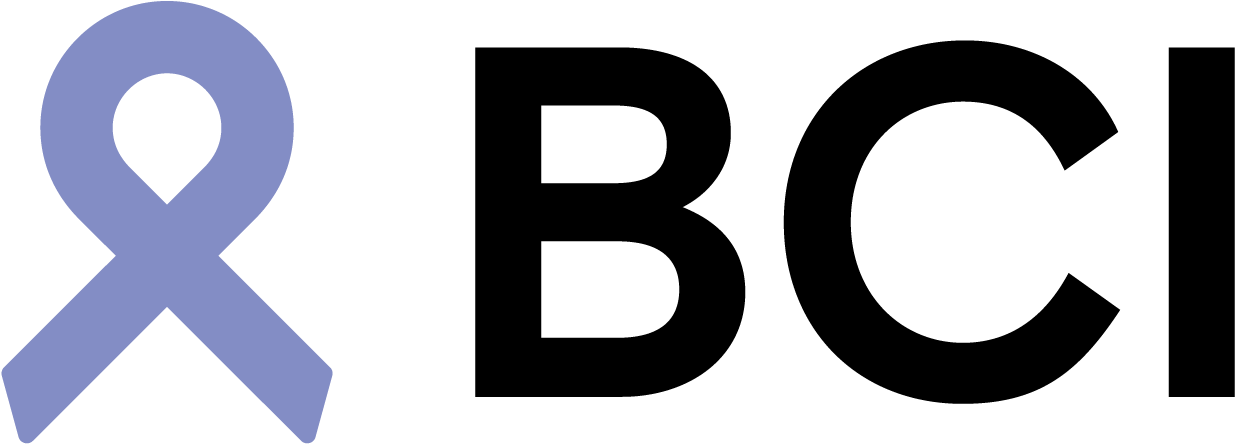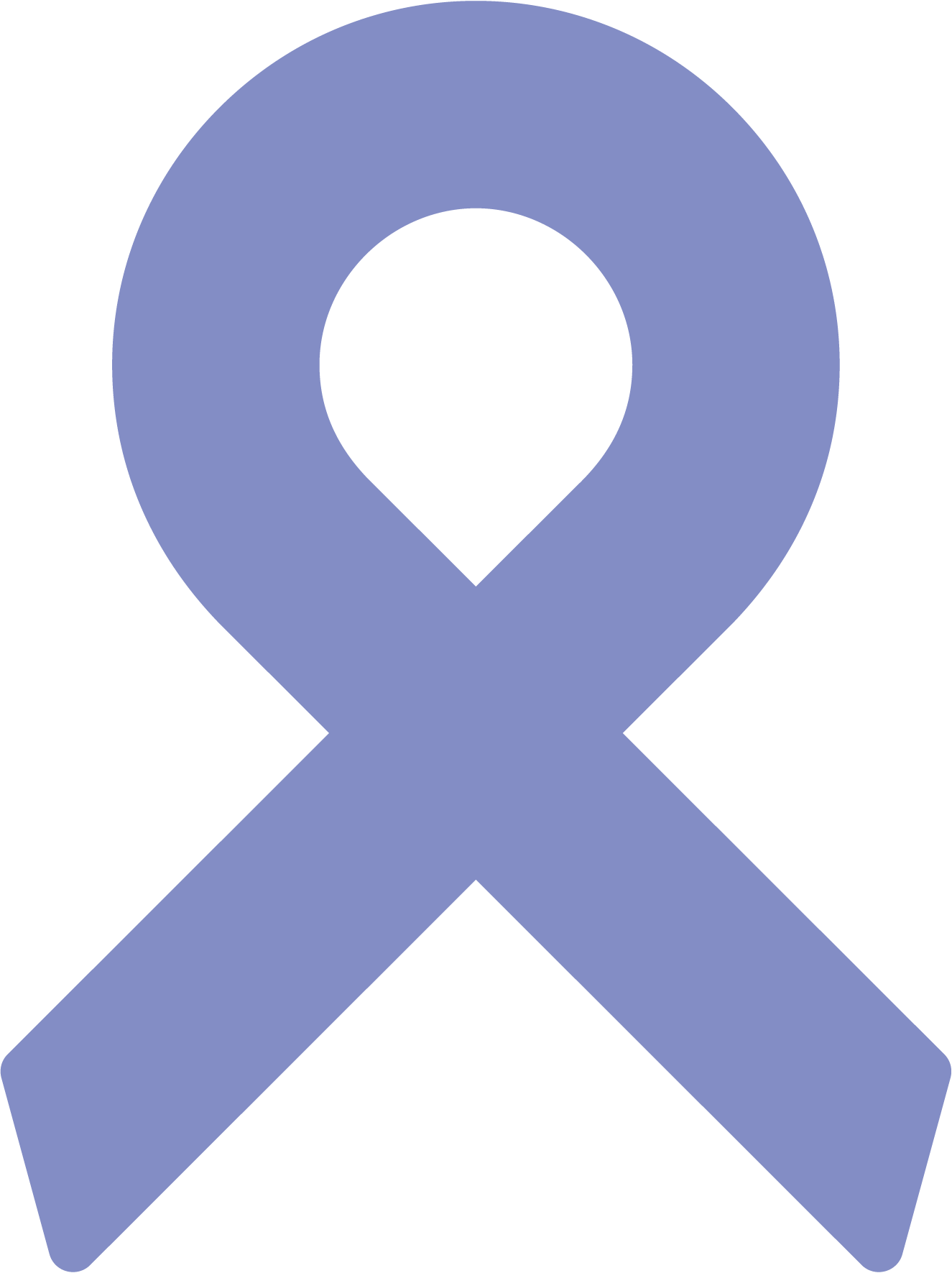- Cancer Information
- Recovery
Recovery
Recovery
You may feel relieved when your treatment ends. Some people may still be coping with side- effects from treatment. It is important to accept that it will take time to recover.
The links below will help provide a basic resource about how best to care for yourself post-treatment. In order to adapt to your new body post-treatment and move forward. It is also important to seek advice from your medical teams so they can provide individualised support and guidance.
Late effects of cancer treatment
Late effects are side effects that do not go away after cancer treatment. They can also be side effects that do not happen until months or years after treatment.
Your cancer team can tell you about the risk of any late effects of your treatment. They can tell you which signs and symptoms to look out for. Ask them if there is anything you can do to reduce the risk of these happening. They may also tell you if there are any regular tests you can have to find problems early on.
Tell your cancer team if your side effects do not improve after treatment, or if you get new signs or symptoms. If needed, they can arrange tests to check your symptoms. They can also give you advice on what you can do to help manage your side effects.
The possible late effects will be dependent on the treatment you have and to which part of your body. Your team will also explain to you the best treatment for some of these possible effects.
The section on Health and Well Being also illustrates other sources of help and support as you recover.
Some of the possible late effects may include:
- Pain
- Fatigue
- Lymphoedema
- Effects on the heart and lungs
- Effects on the bones
- Effects on the head and neck
- Effects on the bladder and bowel
- Sex and fertility


